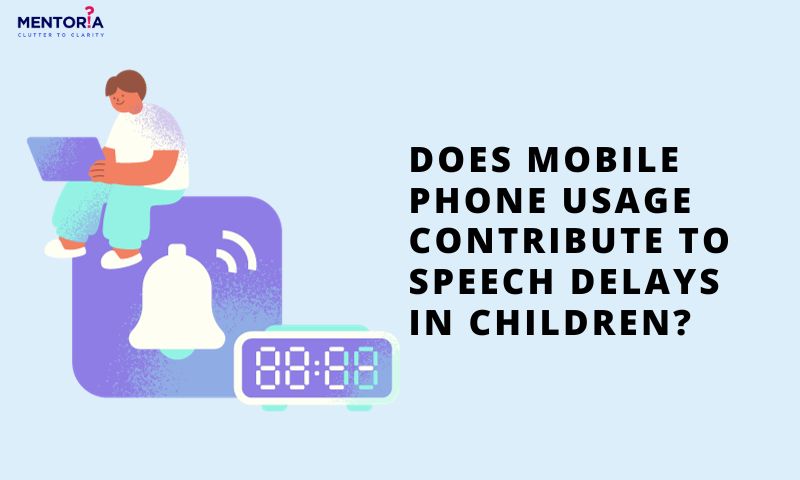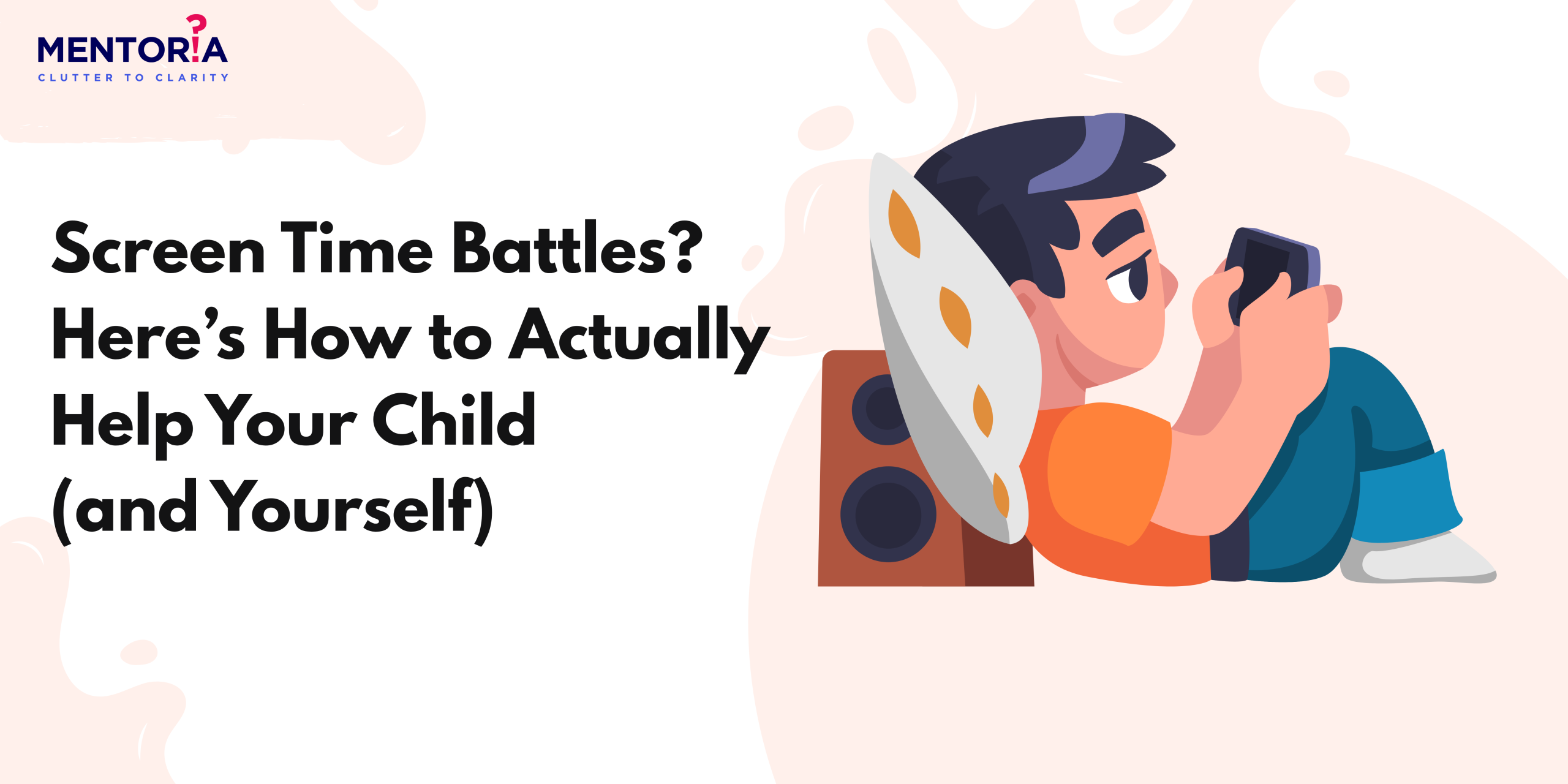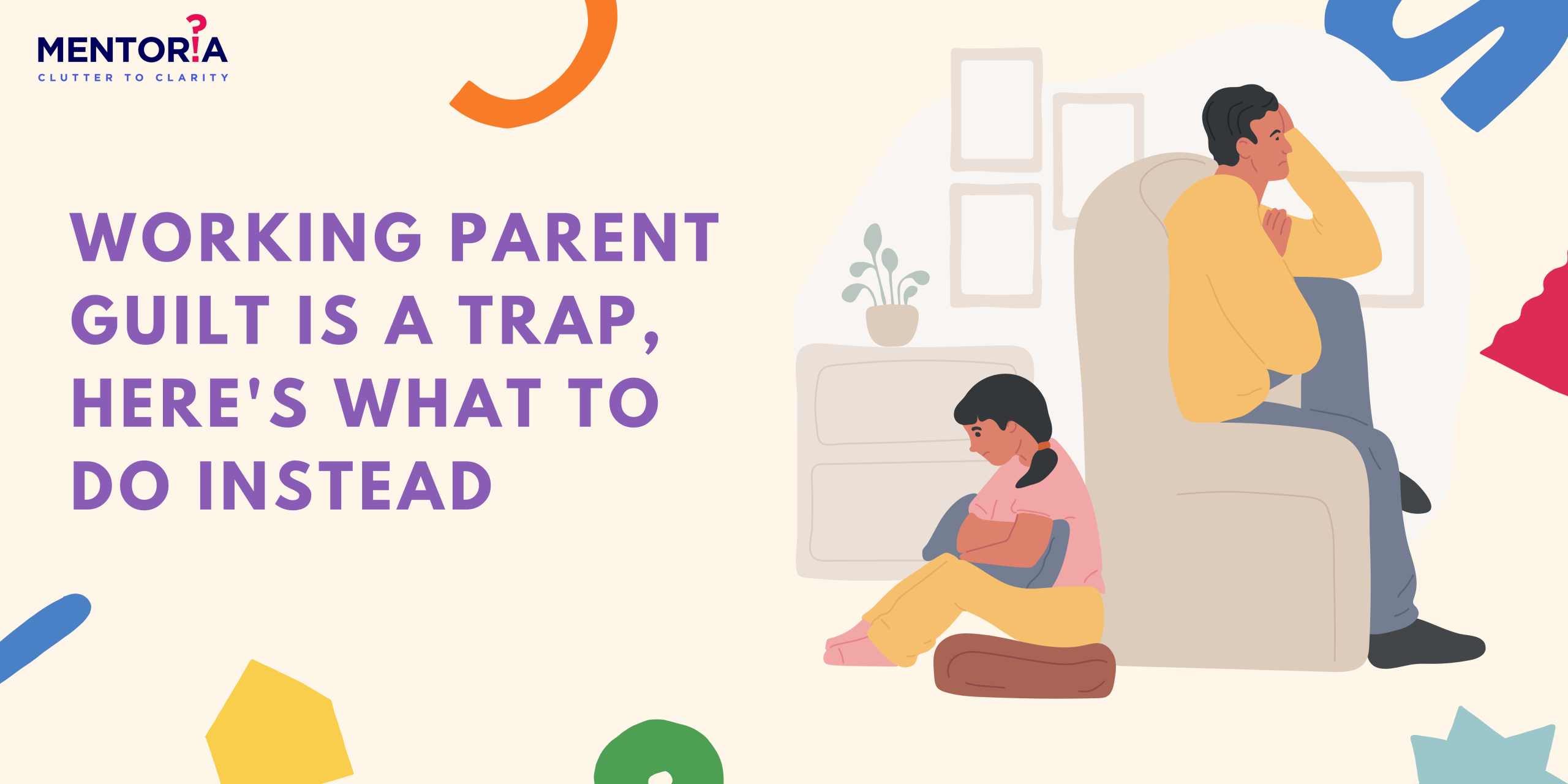Does Mobile Phone Usage Contribute to Speech Delays in Children?

Is your phone also the gateway to your universe, be it for work, friends, news, or the social networking sites? Sadly, in this time and age, it is the case with most of us and hence, it’s quite easy to get lost into this digital labyrinth. However, if your phone time overshadows the quality time with your infant or toddler, you would be shocked to know that according to experts, it might be impacting your kid’s language development and communication skills.
When our little ones throw tantrums; there’s a common tendency to offer them our phones as a pacifier, isn’t it? Experts suggest that this practice, along with other repercussions, is also associated with delays in our kids’ language skills. This further emphasises the critical need to reconsider our approach towards mobile phone usage promptly.
We all know that language development thrives on human interaction. Language learning begins with eye contact, imitating facial expressions, and connecting gestures with meanings. Even before a child responds, every conversation contributes to their language development. In this context, it’s important that we understand the repercussions of the overuse of phones on the language skills of our young ones.
Excessive Screen Time by the Toddler
When your child spends excessive time in front of the screen, it disrupts their natural processing of the situation. Screens dictate where a child directs their attention, hindering their awareness of the surrounding environment. Over time, this can impair their ability to filter information, switch tasks, and focus on verbal expressions. Increased screen time, especially during critical developmental stages, can impede a child’s language and social development by reducing vital human-to-human interaction.
This was reiterated in research done by the paediatric Academic Society, where it was observed that at their 18-month checkups, a fifth of the toddlers was already engaging with mobile devices for an average of 28 minutes daily. The research revealed a correlation between increased screen time on cell phones and a higher likelihood of displaying indicators of delayed expressive speech. This includes how children employ words and sounds, as well as how they assemble these tools to convey their thoughts.
While certain children who lag behind during this phase may eventually bridge the gap, a connection can be observed in some cases between early language delays and subsequent academic challenges.
Excessive Parental Mobile Phone Usage
It’s not rocket science to understand that the foundation for your child’s speech and language abilities begins at home, even in infancy. Studies highlight that regular conversations with your baby contribute to more vital verbal skills as they grow. So, every “goo-goo ga-ga” and playful chatter matters, leading to healthy communication between parents and their little ones.
Yet, the connection weakens when parents are distracted, particularly by their mobile devices. Meaningful interactions decline, depriving children of crucial learning opportunities.
Research demonstrates that distracted parents exhibit 20% less verbal communication and a staggering 39% drop in nonverbal communication, including facial expressions and eye contact during activities as intimate as mealtime.
Parental cell phone usage is linked to decreased awareness, sensitivity, and dissatisfaction during time spent with their child. The intrusion of devices changes communication dynamics. This change impacts children’s ability to grasp essential social skills, from maintaining eye contact to responsiveness, which is crucial for their future language as well as personality development. Also, research reveals that teaching new words becomes less successful when parents are interrupted by their cell phones.
Changing Phone Habits for Positive Impact
Now that we understand the potential pitfalls, let’s understand how we can positively alter our phone habits at home for the sake of our children’s language development.
Create Strict Rules at Home
Fix specific periods for phone-free interactions with your child, especially mealtime. Turn off or place your phone in another room, allowing you to focus solely on engaging with your little one. Also, to ensure quality time with your kid, certain areas of your house, like the dining room or play area, can be declared no-phone zones.
Explain Your Phone Behaviours
If you must use your phone around your child, explain the reason. Whether answering a work message, scheduling appointments, or capturing a moment, ensure that you tell them what you’re doing on your phone.Transparency helps set expectations and brings more clarity to your little bundle of joy.
Don’t Give in to Tantrums
In moments of tantrums, resist the quick fix of handing over a tablet or phone to your child. Instead, set the device aside and talk to them. Explain that the phone is primarily for work and adults. Opt for engaging activities like playing, painting, or reading a book together. By consistently offering emotional and physical availability, you’ll help them comprehend boundaries. This not only averts immediate tantrums but instils a lasting understanding of appropriate device use, building a healthier parent-child connection. Staying away from the devices also gives them ample time to build their emotional quotient and helps them with their language skills.
Mute Your Notifications
Buzzes and beeps can be distracting. Mute your phone notifications when you return home from work to minimise interruptions so that you can have the usual chit-chat with your kids about their day without any interruptions.
Make Your Phone Less Appealing
Rearrange your apps to reduce accessibility. You can fix the lock time for various social networking sites to, say, 20 minutes, and then they don’t open for the rest of the day. In addition, you can opt for grayscale colours in settings and wallpaper, making your phone less visually tempting for you and your toddler both.
Use Screen Time for Good
Leverage your screen time positively. Video calls with family members and interactive learning apps can enhance parent-child interactions when used appropriately.
How Mentoria Can Help
Please bear in mind that the objective is not to completely let go of your phone but to regulate how frequently and for what reasons your child observes you engrossed in it. The enduring advantages of their language skills will undoubtedly surpass your efforts. At Mentoria, we acknowledge the challenges of parenting and understand the impossibility of executing everything flawlessly. Hence, we stand alongside you on this parenting journey, offering support to guide your slightly older kids through secondary school and beyond. We aim to provide the assistance, resources, and encouragement they require to nurture their strengths, pursue interests, and uphold their values.









